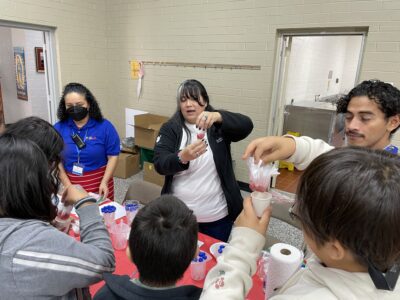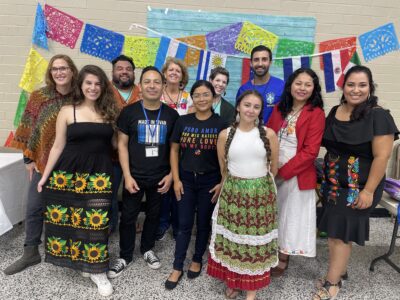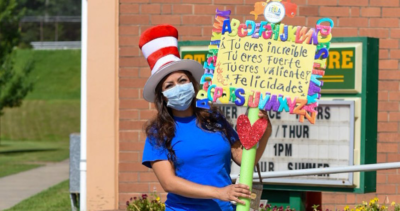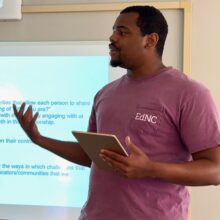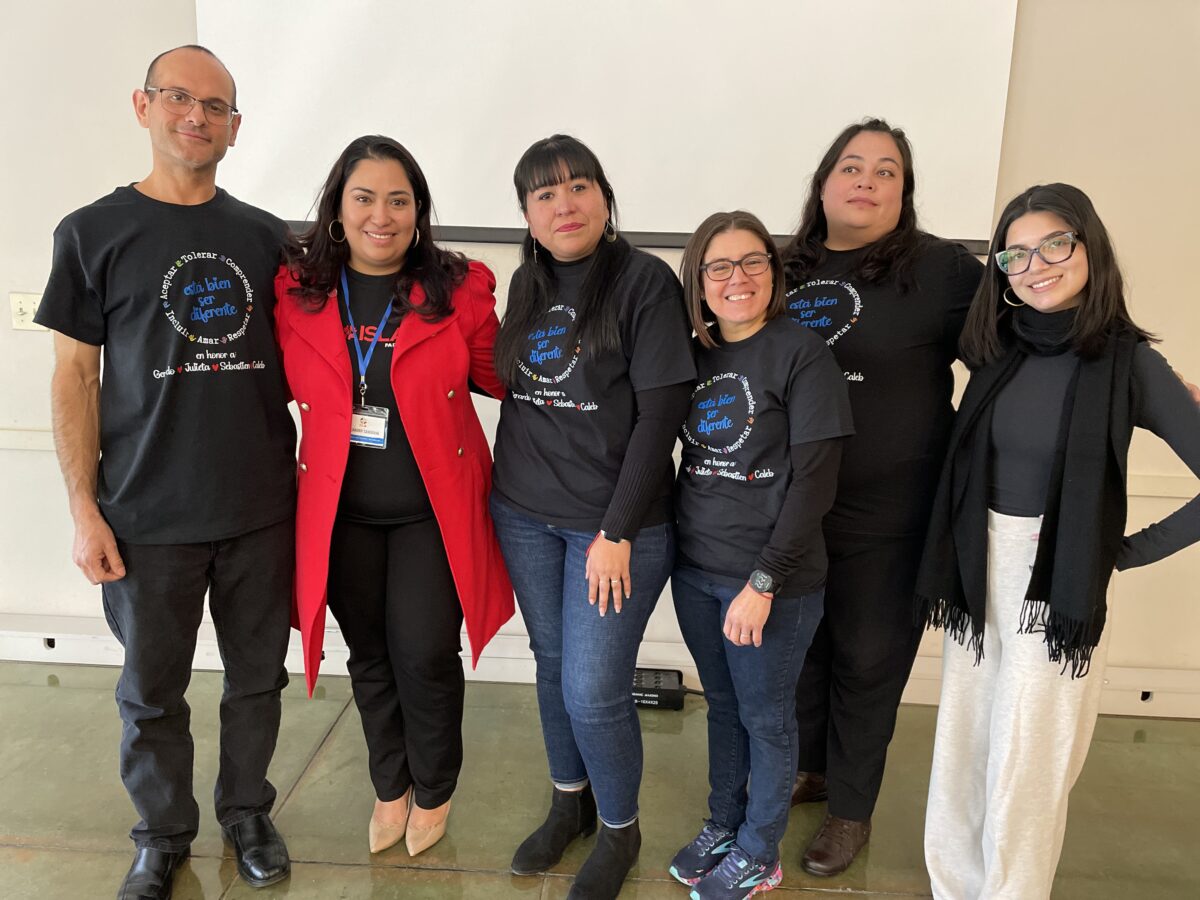
|
|
In January, Immersion for Spanish Language Acquisition (ISLA) presented findings and recommendations from four Latine parent researchers. These researchers, all parents of children with learning differences, looked at the barriers Latine children with learning differences and their families face in education. Included below is their final report.
About ISLA
ISLA is a nonprofit with a mission to build community and leadership through their educational Spanish language and cultural immersion programs. Their website states that the organization has an “interdisciplinary approach to teach language, while supporting students’ development of their cultural identities.” This is achieved by immersing students in a Spanish-speaking learning environment with events and programming that are inclusive of literacy, the arts, STEM, and other subjects.
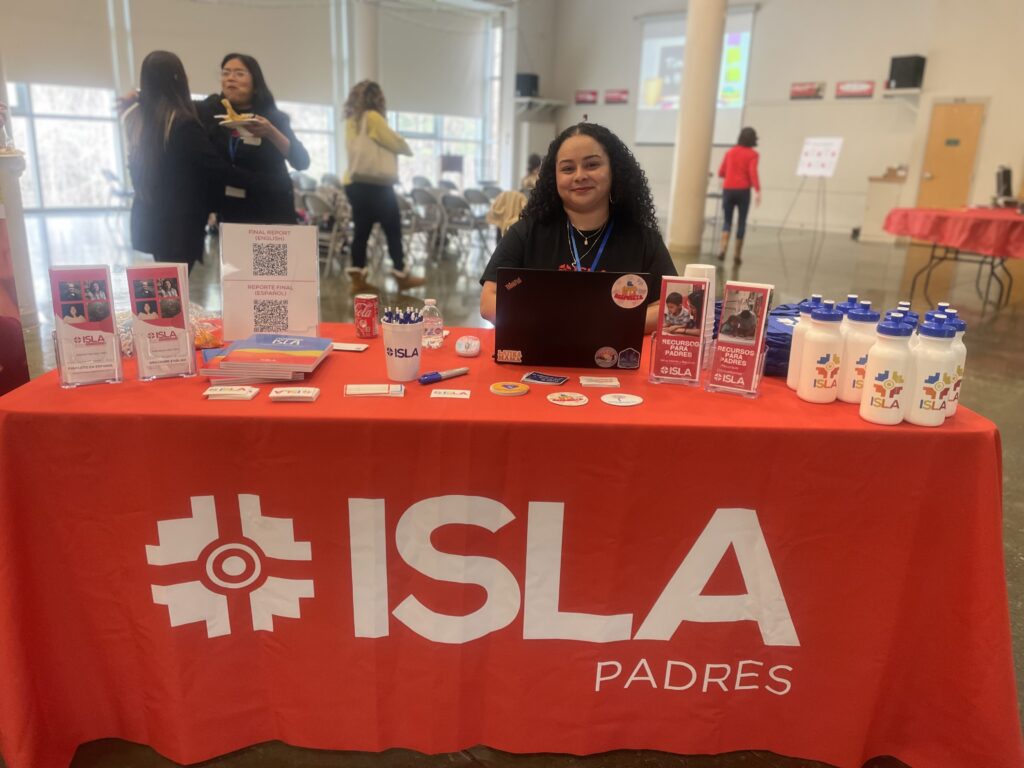
Additionally, through ISLA Padres, they maintain an intentional focus on engaging with parents and guardians as part of their community. More specifically, they offer four programs catered to parents accessing resources to support and advocate for their child’s education and development.
Padres research on learning differences
Facilitated by ISLA Padres program manager, Alejandra Sandoval, ISLA Padres Research: Learning Differences is one of four programs tailored to parent advocacy and resource accessibility. Each of the four researchers in the most recent cohort are parents of students with learning differences. Their names are Natalia Nájera, Jacqueline Hernandez Alvarez, Gerardo Guardado, and Blanca Ondina Torres.
With a mission to understand the experience of Latine families in North Carolina when seeking access to equitable special education for diverse learners, these parent researchers conducted 39 interviews with other Latine parents of students with learning differences from 12 different North Carolina counties.
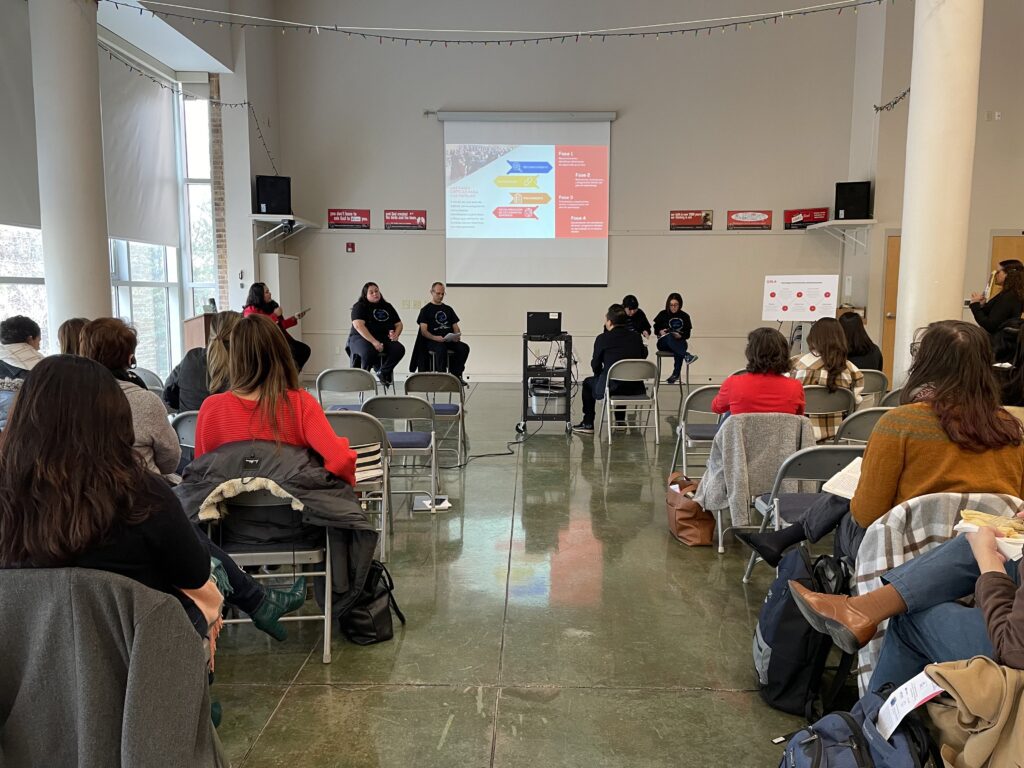
For the project, learning differences referred to disability categories under the Individuals with Disabilities Education Act (IDEA). Of the parents interviewed, 57% of respondents reported having a family member with autism, with the others responses dispersed across various impairments or disabilities. In addition, 55% of the children with disabilities were between five and 10 years old.
Over the course of a year, ISLA Padres completed over 90 hours of training in stages of community based research methodology along the journey to generating their final report.
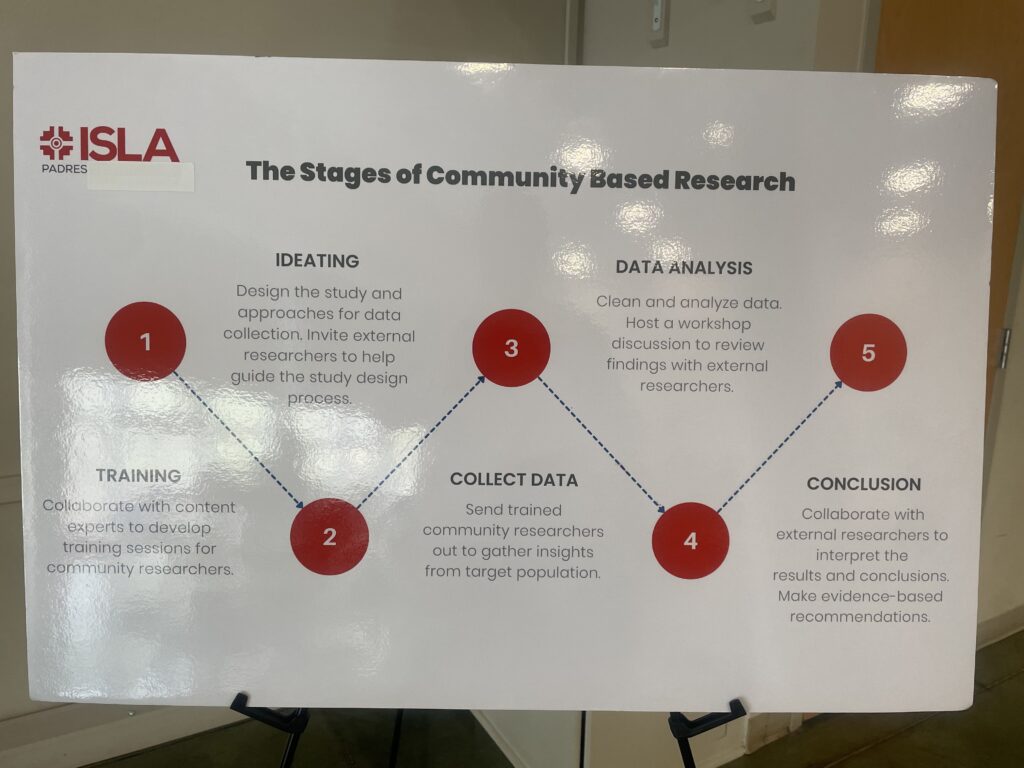
The researchers identified and explored four “critical phases” that families of children with learning differences will experience:
- Phase 1 – Recognition: Identifying developmental differences in child.
- Phase 2 – Evaluations and diagnosis: Designing a learning plan.
- Phase 3 – Treatment and accommodations: Accessing and implementing a learning plan.
- Phase 4 – Schooling diverse learners: Integrating the learning plan into the school system.
Findings and final report
According to the report, 58% of participants said a parent first recognized the signs of learning differences in the child whereas 23% of participants said another family member first recognized signs of learning differences. Parents expressed feeling ignored or an overall lack of empathy from professionals regarding their child’s learning difference. In addition, whether due to a language barrier or lack of a thorough explanation, over half of participants said they were dissatisfied with their physician’s communication about their child’s needs.
The following are key findings and recommendations from the report shared by ISLA:
- Language barriers: The research highlighted significant language barriers faced by Latine/Hispanic parents when seeking information and support for their children’s learning differences. Recommendations include providing bilingual resources and support services.
- Cultural sensitivity: Parent researchers emphasized the importance of culturally sensitive approaches in educational interventions. Understanding and respecting cultural nuances emerged as a key factor in creating effective support systems.
- Access to information: Limited access to information was identified as a major challenge. The report advocates for improved dissemination of information, utilizing community centers, social media, and partnerships with local organizations.
- Parental involvement: The study underscored the positive impact of increased parental involvement in the educational journey of children with learning differences. Recommendations include establishing support groups and workshops to empower parents as well as more inclusion for fathers who would like to support their children and family.
See the full report in English below. Here is the report in Spanish.
Recommended reading
